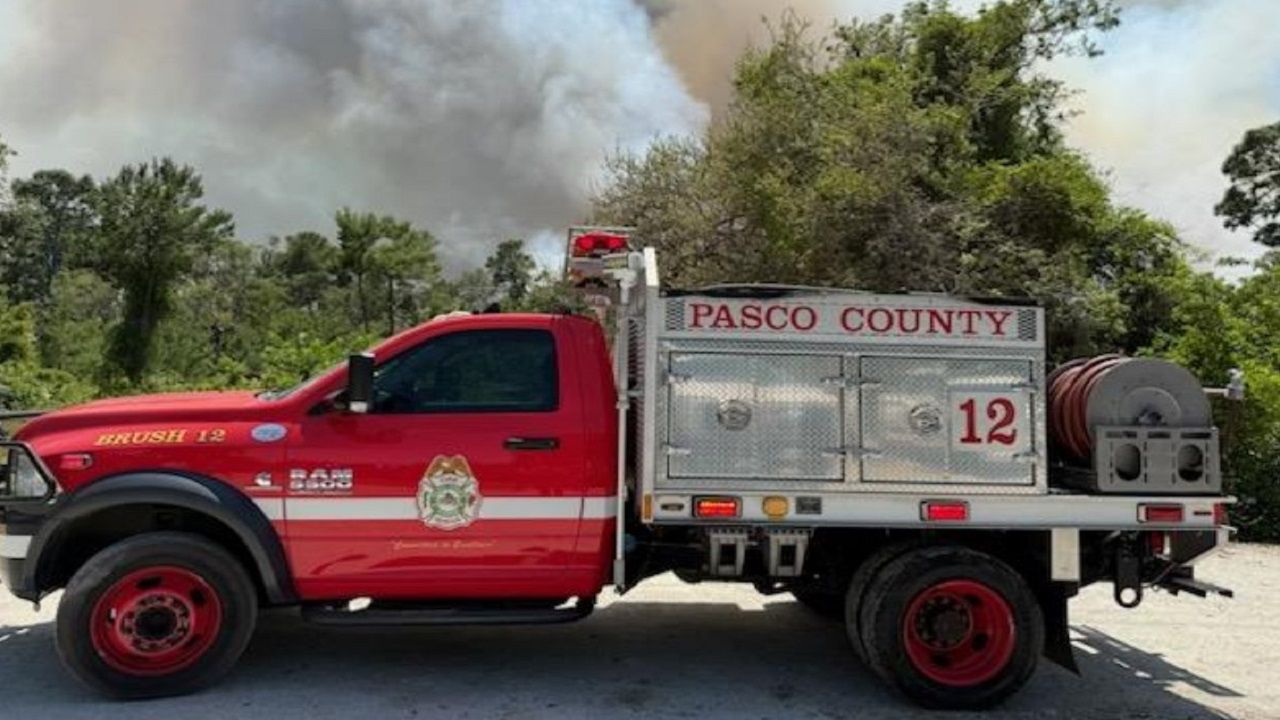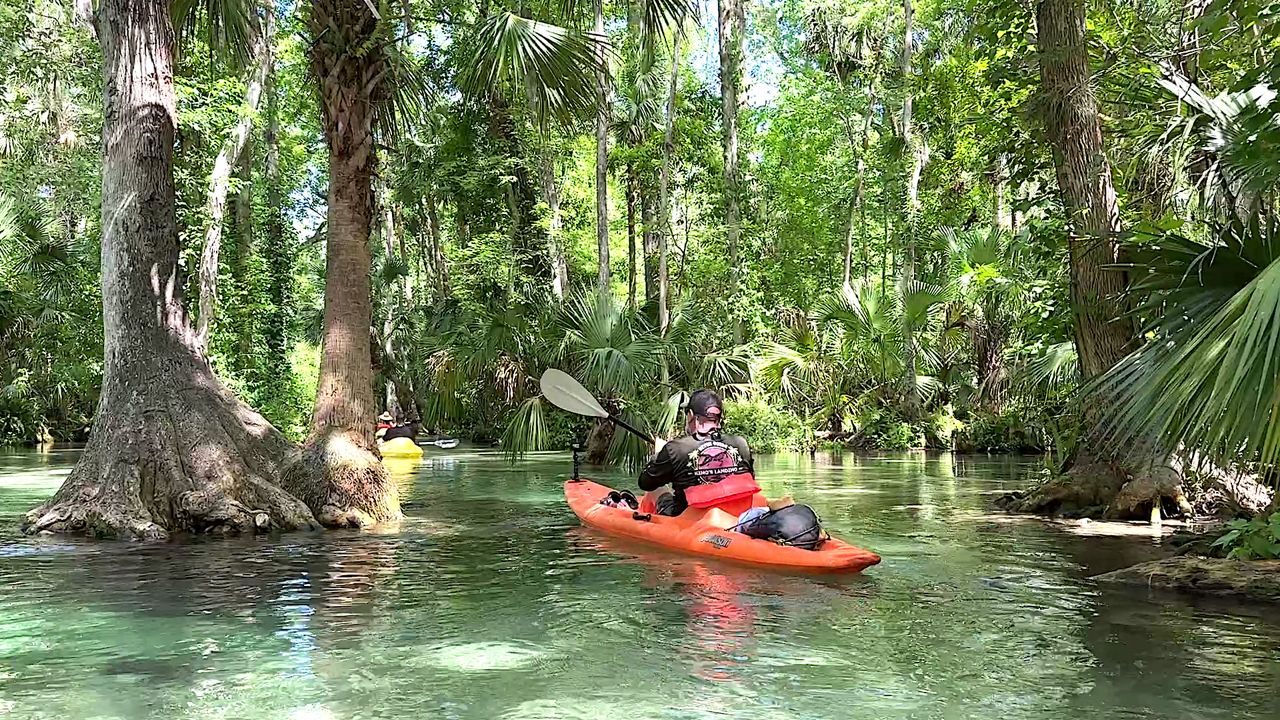TAMPA, Fla. — As of Thursday, COVID-19 is no longer considered a public health emergency.
The emergency declaration that was first signed by former president Donald Trump in early 2020 was extended multiple times and gave the federal government the ability to modify rules to get people vaccines and care in order to help fight the pandemic.
The declaration formally expires Thursday, which means free COVID-19 tests will end and over-the-counter tests will cost more for people with both Medicare and private insurance.
COVID-19 vaccines will remain free.
The vaccination requirement for international travelers entering the U.S. and federal workers also ends Thursday when the public health emergency ends.
“The Administration will end the COVID-19 vaccine requirements for international air travelers at the end of the day on May 11, the same day that the COVID-19 public health emergency ends. This means starting May 12, noncitizen nonimmigrant air passengers will no longer need to show proof of being fully vaccinated with an accepted COVID-19 vaccine to board a flight to the United States.” a bulletin on the Homeland Security Department’s website reads.
This was one of the last COVID-19-related travel restrictions and also applies to land ports and ferries.
Mark MacMillan, owner of ProShred in Clearwater, said he played by the rules throughout the pandemic but it made traveling to see family while running his company stressful at times.
MacMillan’s family lives in Nova Scotia and not knowing how long the pandemic would last, he decided to make the 30-hour drive and adhere to the 2-week quarantine rule. He says over the last three years, he’s made the trip roughly 12 times. During three of those trips, he had to quarantine before he could enter the Canadian province.
“Nobody could predict how long it was going to take,” he said. “How cunning that virus is and when the end of it was going to be.”
The travel restrictions formally drop at the end of the day Thursday.










